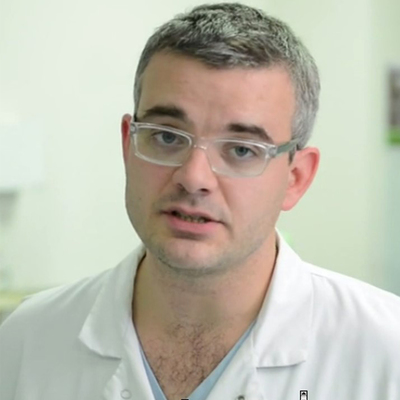Faculty of Pharmacy, degree in Pharmaceutical Science and Technologies. Professor of Clinical Biochemistry and Molecular Biology, Faculty of Medicine -University of Milano. Coordinator of the Italian Human Proteome Network. Vice-president of the Italian Proteome Association
Research activity
Muscle proteome signature under physiological paraphysiological and pathological conditions.
Brief Outline of research accomplishments
Active participation in the development of isoelectric focusing in immobilized pH gradients.
Development of a novel thermal theory for predicting with accuracy the real temperature inside the capillary during an electrophoretic run. This has allowed setting up of a novel, technique: separation of DNA fragments, carrying a point mutation, for the screening of genetic diseases. Separation of PCR amplified fragments carrying a point mutation cannot be carried out in conventional electrophoresis; the mutants can only be resolved in an electrophoretic run in the presence of a thermal gradient along the separation axis. Since it was impossible to obtain in CZE a thermal gradient in space, we have developed thermal gradients in time.
Active participation at the improvement of methods related to DNA screening particularly for point mutation detection for the diagnosis of genetic defect.
Development of proteomic studies on skeletal muscle taking advantage to the knowledge on the separation science of macromolecules. In a first attempt the interest was focalized into the systematic identification of protein in a muscle tissue. A large data base of proteins localized in a high resolution 2D maps and identified by mass spectrometry has been constructed.
At present, new methodologies based on liquid chromatography and mass spectrometry are under development for the differential quantitation of high MW muscle protein, such as myosin heavy chain, titin, nebulin etc. that play a crucial role in the muscle function, but, so far, poorly characterized.
New projects are in progress involving differential proteome assessment applied to specific physiological and physiopathological problems (i.e. hypoxia adaptation, muscle impairments linked to genetic disease, effect of micro gravity , ageing etc.).
